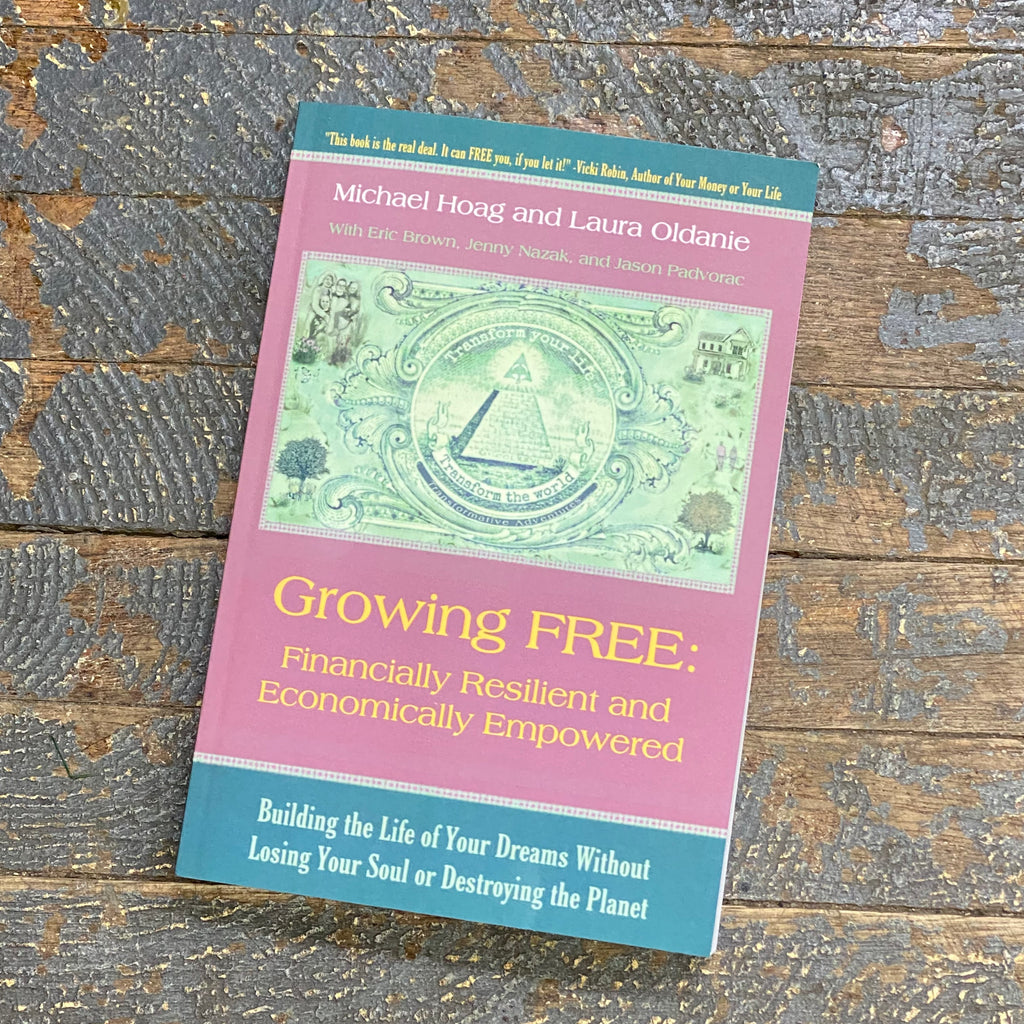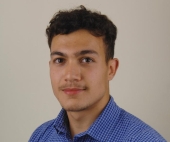

 7
7





“If we are honest, we can still love what we are, we can find all the good there is to find, and we may find ways to enhance that good, and to find a new kind of living world which is appropriate for our time.” ― Christopher Alexander
 9
9




“If we are honest, we can still love what we are, we can find all the good there is to find, and we may find ways to enhance that good, and to find a new kind of living world which is appropriate for our time.” ― Christopher Alexander
 11
11




 4
4




Www.TransformativeAdventures.org Full-time Permie for 2 decades, author of some groovy books, maker of 🔥 Permie vids, TikToks, etc. Author of Growing FREE. Actually three plants in a trench coat.
 5
5




Www.TransformativeAdventures.org Full-time Permie for 2 decades, author of some groovy books, maker of 🔥 Permie vids, TikToks, etc. Author of Growing FREE. Actually three plants in a trench coat.
 3
3




The best place to pray for a good crop is at the end of a hoe!
 5
5




 4
4




 2
2




Okay I want this book--but the price is a bit high for me, especially as I don't want the e-book for this one. Why? because I've already pretty much achieved the financially free, off-grid life (in part because my partner and I get Social Security, which could change). I still think I could get something out of reading the book, but the bigger reason I want to win a paperback edition is that after I read it I want to donate it to my local library. Some books I like a lot I'd hesitate to donate because I'd be afraid nobody would check them out. This one I think would call to readers where I live (rural West Virginia, which is a fine place for off-grid living but not many people here even have gardens these days). I do a garden column in the local paper, but would like to help form a circle to talk about ways we can create resilience both as individual households/homesteads, and as a community. I have in mind something like a Transition Town or Mutual Assistance Disaster Relief group--but I don't have the people skills to get something like that off the ground. I think this book could help.
 4
4




~Karen Lee Mack
Moving to south Georgia FALL 2024!!




 1
1




 2
2




 1
1




Mary Cook wrote:to Karen Mack--I agree that being in sync with your partner on goals is critical. And hope that you can make the move soon, because half an acre is not enough, especially with all that animal husbandry. A goal of mine is to minimize what I must import from outside; I live on a land trust on a ridge in West Virginia, and my leasehold is 10 or 12 acres but as with every farm around here, it's 90% steep wooded hillside, which because it's steep should remain wooded. So I have one cleared acre; but the only animals are chickens, now confined to a large run which encompasses my orchard, because the predation got to be too much. But--while I wish to reduce need for outside inputs, I don't think it's even a goal to grow EVERYTHING myself. I've had a deal going for a couple years with someone 5 miles away who has goats; trading my extra produce for milk and sometimes chevre or soap. I like that, though I'd like it more if I didn't have to go five miles. I also agree that reliable rain in Georgia and lack of building codes are important pluses.




 2
2




 1
1




 1
1




 1
1








Angel Hunt wrote:I love the idea of this book…
So then I started to explore concepts more based in simple living. Books like "The Abundance of Less," "The Good Life," and "Simple Living in History," resonated with me so much more than a lot of the FIRE media that emphasized hustle culture. I wanted my financial independence strategy to reflect my values instead of doubling down on the aspects of culture that I was critical of in order to get ahead. So I decided that I needed to focus on lowering my expenses, and I knew I would need to move to a LCOL area to do that.
Last year I left my burnout job and reduced my expenses by moving to a LCOL area where I knew no one but finally had some land to pursue my homesteading dream. I took a leap of faith with no plan and no real sense of how I would support myself. I have been working temporary jobs on and off, which was nice in some ways because I could take weeks or months off to focus on personal projects. I was making enough to subsist, but not enough to save, which made me nervous. In addition to wanting to be prepared for emergencies, I also wanted a cushion to fund a pivot to new lines of of work. So recently I took a permanent position going back to my old work, and I am starting to get sucked back into the feelings of chronic stress, lack of fulfillment, and time starvation that I felt before. I can already feel the toll it is taking on my health, and I fear it is too high a price to pay.
I want to find a middle path, a way that I can do work that is fulfilling without burning out or becoming homeless and starving. I don't have any role models to guide me as my friends and family do not believe in deviating from the professional career script. I have shocked them all by making this leap, but they continue to feed my fears of financial insecurity. I have to continually battle against the feeling that suffering through a job I hate is the only way to live. It is either that or starvation, or so I've been made to believe.
That is why I find the premise of this book fascinating. I would love to learn about paths toward financial independence that allow people to still live authentically and honor their values.
Blessings,
Alana




